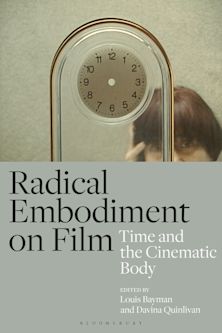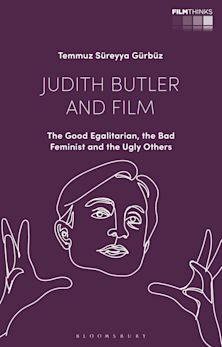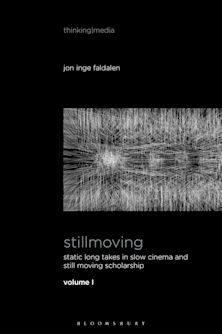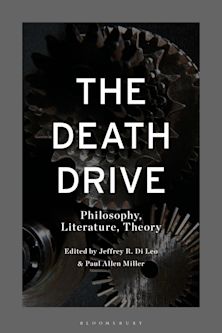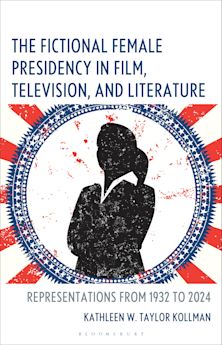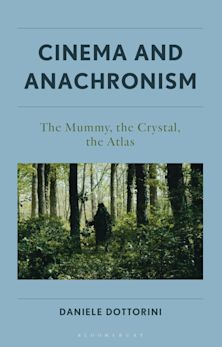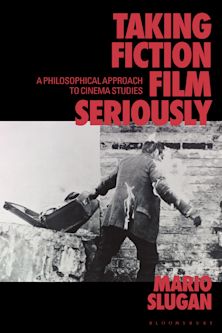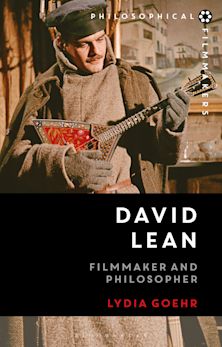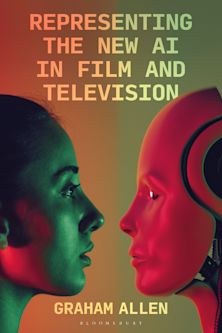- Home
- ACADEMIC
- Film & Media
- Film Theory
- Critical Theory and Film
Critical Theory and Film
Rethinking Ideology Through Film Noir
Critical Theory and Film
Rethinking Ideology Through Film Noir
You must sign in to add this item to your wishlist. Please sign in or create an account
Description
Critical Theory and Film brings together critical theory and film to enhance the critical potential of both.
The book focuses on the Frankfurt School, most notably the works of Adorno and Horkheimer, as well as associated thinkers.
It seeks to demonstrate that cinema can help critical theory repoliticize culture and society and affirm the theoretical and political impact of cinematic knowledge. After discussing how the Frankfurt School saw cinema as an instrument of capitalism use to promote the cultural and political regimentation of the masses, Vighi then proceeds to demonstrate that critical theory can in fact suggest a different verdict on the progressive potential of cinema.
Each chapter focuses on a key critical theory concept that is explained and redefined through film analysis to unravel the hidden presuppositions and most radical consequences of critical theory.
A unique contribution to the literature, this volume in the Critical Theory and Contemporary Society series offer an innovative reading of film as a critical tool, drawing on the latest developments in Lacanian theory.
Table of Contents
1. The Dialectic's Narrow Margin: Film Noir between Adorno and Hegel
Self-limitation in film noir
The noir panorama beyond spectatorship
Adorno goes to Hollywood
The negative and the whole
Ontology of self-deception in film noir
The Narrow Margin and double visions
A detour on ideology
2. On Critical Theory's Dialectical Dilemma
Horkheimer's method
The Kantian subtext
Hegel: contradiction (not) resolved
From mimesis to utopia
Critical Theory's fetishistic disavowal
3. A Configuration Pregnant with Tension: Fritz Lang for Critical Theory
Beyond the doubt of appearances
On polaroids and truth
Framing the subject
Sublimation in The Blue Gardenia
From paranoia to repetition
The gaze in the frame
The art of excremental painting
Coda: the enjoyment of film in theory
References
Product details
| Published | 03 May 2012 |
|---|---|
| Format | Ebook (PDF) |
| Edition | 1st |
| Extent | 184 |
| ISBN | 9781441139122 |
| Imprint | Continuum |
| Series | Critical Theory and Contemporary Society |
| Publisher | Bloomsbury Publishing |
About the contributors
Reviews
-
Fabio Vighi's Critical Theory and Film: Rethinking Ideology in Cinema is a kind of Everything You Wanted to Know about Theodor Adorno but were Afraid to Ask Film Noir. But it's also more than that. It makes the largest claims about ideology and the way society is structured and it marries them to the most detailed and nuanced readings of a series of not-so-well-known film noirs. And it shows that these two are exactly the same: that it is exactly in the detail of these films that we see most clearly the biggest and most important truths about our society. The book is a triumph of both film scholarship and theoretical speculation.
Rex Butler, Lecturer in Art History, University of Queensland, Australia
-
Fabio Vighi continues to be one of the finest thinkers today when it comes to cinematic theorizing. Coming from a firm grasp of Lacanian psychoanalysis, Vighi applies his formidable insights to cinema, this time to rethink the legacy of critical theory when it comes to film, reminding us of its importance as well as its limitations.
Jan Jagodzinski, Professor of Visual art and Media Education, University of Alberta, Canada
-
Vighi's Critical Theory and Film ... offers us an intriguing initial methodology for how film and philosophy can be balanced, and an enlightening critique of negative dialectics, while also providing a cautionary tale for the trap most commonly encountered – and most rarely overcome – by explorers in the realm of film philosophy.
Hunter Vaughan, Oakland University, New Review of Film and Television Studies

ONLINE RESOURCES
Bloomsbury Collections
This book is available on Bloomsbury Collections where your library has access.












